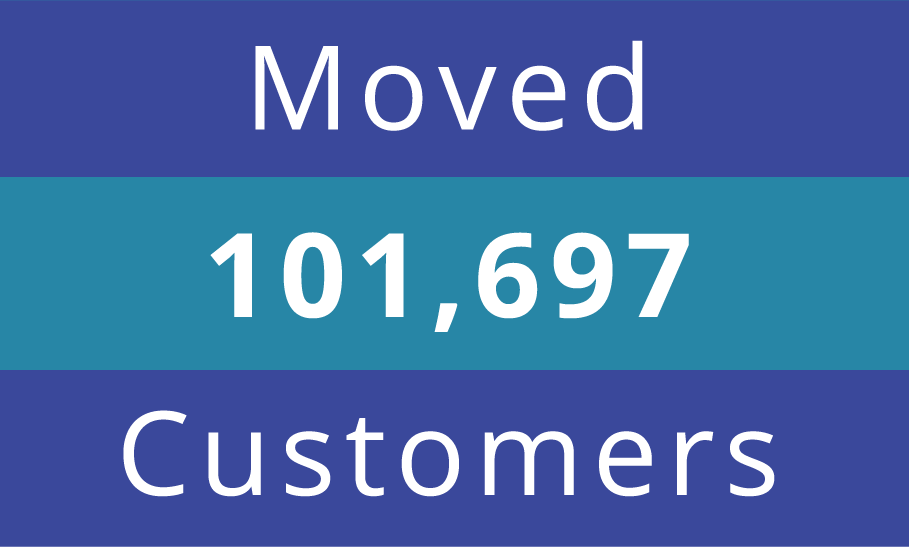How Can We Help?
First-Time Buyer’s Guide To Conveyancing A Property
If you’re considering taking the leap onto the property ladder, this is an exciting step in your life. But, it’s also daunting. There are plenty of things to figure out, and you may even be wondering when you’re supposed to contact a property lawyer – before or after you’ve found your ideal home? Well, luckily we’re revealing the process for conveyancing a property in five easy steps so you don’t have to be confused anymore.
1. Choose your conveyancer
When it comes to choosing a property lawyer, you have a couple of options. You can either choose a solicitor or a licensed conveyancer. It might be worth shopping around for a few quotes – just make sure you know what’s covered with each quote.
2. Contact a property conveyancer
You can contact a property conveyancer as soon as you know you want to buy or sell a house. However, you will only be putting them on notice at this stage. You may be wondering why you should bother contacting a conveyancer before you’ve had an offer accepted on a property? Well, there are a number of benefits. For starters, you can get ahead on preliminary paperwork, such as proof of identity and establishing your source of funds.
It will also make you look more serious about buying or selling if you’ve already chosen and contacted your conveyancer – which could increase your chances of having an offer accepted! Estate agents and invested parties will respond well if they feel you are just as serious about moving as they are.
3. When to instruct your conveyancer?
Once your offer has been accepted, you can instruct your conveyancer. This means they can finally get the ball rolling with the legal process – exciting. But what does the conveyancer actually do?
4. Property searches
Your chosen property lawyer will go through the contract of the property you want to buy and may instruct some third parties to carry out searches. These are designed to check that there is nothing that could affect the value of the property.
If one of the searches uncovers something, you have a couple of options. You can either ask for a reduction in the value of the property, or you can ask the current owner to fix the issue (if it’s something that can be fixed.)
5. Exchange of contracts and keys
Once all the parties are happy that they are buying the right property for them and everything has been paid for (or mortgages arranged), then you will hopefully reach the final stage of the conveyancing process: the exchanging of contracts.
Once the contracts have been exchanged you will receive the keys to the property and the house will officially be yours.
Looking for a house removals company to take the stress of relocating off your shoulders? Reads Removals can help. We’ve helped thousands of people move all over the UK. Contact us to get a free, no-obligation quote today.


